Are Drivers More Accident Prone During Daylight Savings Time?
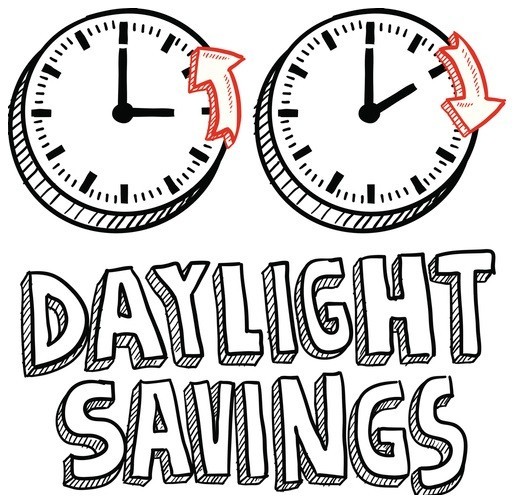 It happens twice a year like clockwork. We have all been through the drill when daylight savings time comes to CA and everyone talks about either losing or gaining daylight. It's good or bad, depending on who you ask. Some people want more daylight so that they can do outdoor activities around Placerville after work. While other folks want that daylight in the morning, so that their early commute is a little easier.
It happens twice a year like clockwork. We have all been through the drill when daylight savings time comes to CA and everyone talks about either losing or gaining daylight. It's good or bad, depending on who you ask. Some people want more daylight so that they can do outdoor activities around Placerville after work. While other folks want that daylight in the morning, so that their early commute is a little easier.
At Steve Stymeist Auto Body & Paint, we realize that daylight savings time is like the moon, the wind and the tides—we can't control them so why be concerned about them? Because the sobering reality is that daylight savings time can be sometimes dangerous for drivers here in Placerville, CA and throughout the entire country.
What Daylight Savings Does
Daylight savings time can stress out a lot of people, because it disrupts their sleeping habits and can even impact their work or school schedules. When the clocks spring forward and fall back every year, it's only by an hour difference, but research implies it may take days to adjust to the changes.
By studying traffic patterns over many years, experts can see that there is a definitive increase in car crashes, notably after we spring forward and lose an hour of sleep. Some states report a 10% increase in vehicle collisions immediately after the time change and there's even hard evidence those numbers might be even higher.
Researchers at the University of Colorado at Boulder studied the daylight saving time period (from March to November) for a decade and discovered there was a 17% increase in traffic incident-related deaths the day right after the spring time change. Traffic fatalities all that week were also higher than the national average. Some of the effects can be attributed to lower visibility (the fact that it's earlier, and therefore darker, than drivers are accustomed to), but most of the accidents are allegedly caused by people are struggling to stay awake behind the wheel.
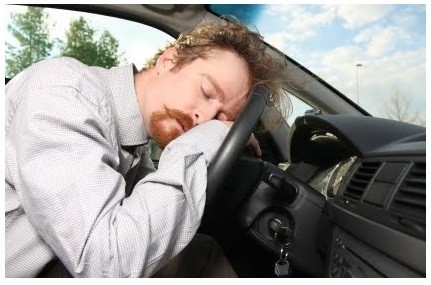 Sleep deprivation is probably the biggest offender. People who only sleep four or five hours a night under normal circumstances are at a much higher risk of causing a car crash than people who sleep six or seven hours a night, and people who get eight hours of sleep or more are least likely to cause a crash. But when sleep cycles get interrupted, all bets are off.
Sleep deprivation is probably the biggest offender. People who only sleep four or five hours a night under normal circumstances are at a much higher risk of causing a car crash than people who sleep six or seven hours a night, and people who get eight hours of sleep or more are least likely to cause a crash. But when sleep cycles get interrupted, all bets are off.
Although most research tends to focus on the "spring forward" period, when we lose an hour of sleep, experts say that the "fall back" period also has negative and hazardous effects, despite the extra hour gained, because the sleep cycle is still appreciably altered.
What We Should Do
How can we avoid from being a daylight savings time accident victim? Experts suggest being proactive is crucial. Make sure you're getting sufficient sleep during these two periods every year and don't ever drive if you're drowsy. Take daily naps if you can and take breaks from your work day so that you don't hit that proverbial wall of exhaustion.
If everyone here in Placerville and throughout the state of CA can stay alert and well-rested during those daylight savings times, we can all be a little safer and breathe a little easier here at Steve Stymeist Auto Body & Paint.
Sources: NHTSA, University of Colorado at Boulder and Wikipedia

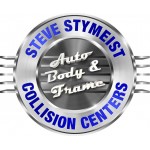
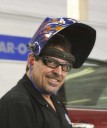




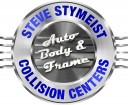

 It happens twice a year like clockwork. We have all been through the drill when daylight savings time comes to CA and everyone talks about either losing or gaining daylight. It's good or bad, depending on who you ask. Some people want more daylight so that they can do outdoor activities around Placerville after work. While other folks want that daylight in the morning, so that their early commute is a little easier.
It happens twice a year like clockwork. We have all been through the drill when daylight savings time comes to CA and everyone talks about either losing or gaining daylight. It's good or bad, depending on who you ask. Some people want more daylight so that they can do outdoor activities around Placerville after work. While other folks want that daylight in the morning, so that their early commute is a little easier. Sleep deprivation is probably the biggest offender. People who only sleep four or five hours a night under normal circumstances are at a much higher risk of causing a car crash than people who sleep six or seven hours a night, and people who get eight hours of sleep or more are least likely to cause a crash. But when sleep cycles get interrupted, all bets are off.
Sleep deprivation is probably the biggest offender. People who only sleep four or five hours a night under normal circumstances are at a much higher risk of causing a car crash than people who sleep six or seven hours a night, and people who get eight hours of sleep or more are least likely to cause a crash. But when sleep cycles get interrupted, all bets are off.
Social